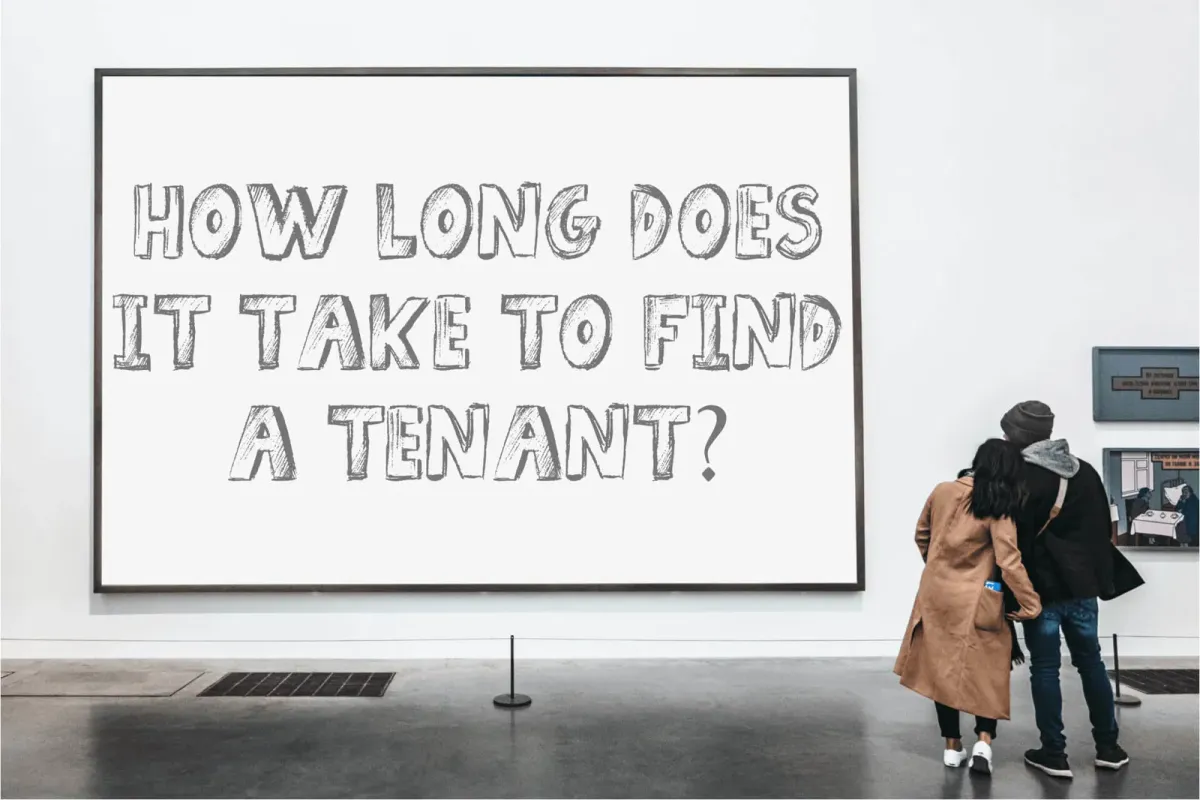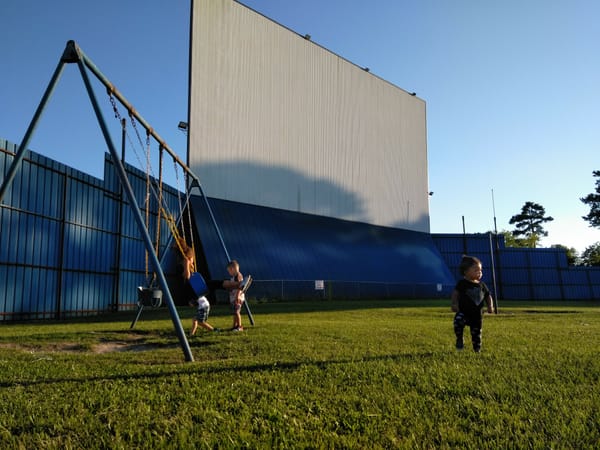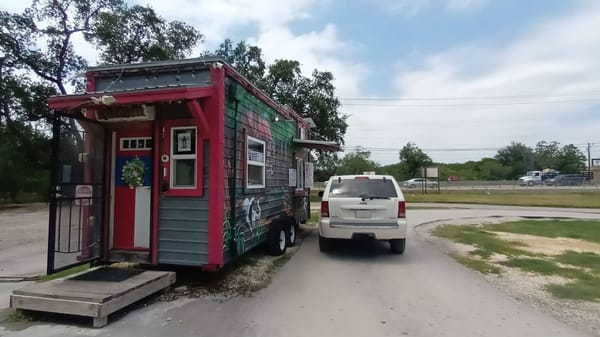How Long Does It Take to Find a Tenant | Answered

Regardless of whether you are looking for commercial tenants or residential tenants, finding the right tenant for your property is one of the most important steps in your real estate investment strategy.
But it can be a challenge as a property owner especially when you have so much invested in your rental property. And when running a small business, cash flow is critical for operating a smooth operation, so finding a tenant as quickly as possible is extremely important.
So, how long does it take to find a tenant? And not just any tenant... a good tenant - a GREAT tenant!
Depending on the various factors that can play a role in how long it may take to find a tenant for your rental property, it should never take longer than six weeks to find a prospective tenant. In most markets, if it takes longer than six weeks to find a potential tenant for your rental property, then there is a good chance you are doing something wrong.
ExpertTexan.com participates in affiliate programs. Any links provided in the text below may be affiliate links that we benefit from financially. Please use our links as they help us to be able to continue providing you with quality content – free of charge.
The good news is that if your tenant just gave you a 30 day move out notice, you should absolutely be able to find a tenant for your rental property sooner rather than later.
The bad news is that it can definitely still take some time. Let's take a look at some of the specific factors that can influence the length of time it takes to find a tenant and what you can do to speed up the process.
Key Rental Factors to Consider
When asking the question how long does it take to find a tenant, it's important to consider all of the various factors that may affect the time frame in which you find a tenant for your rental property.
Here are some of the most important factors that will have a significant impact on how long it takes you to find a tenant for your rental property.
Find tenants faster with rental marketing software
Having the right tool for the job always makes a difference, especially when it comes to finding a quality tenant.
There are a ton of tools at your disposal now that can help reduce the amount of time it takes to find good tenants. Tools that you could not have even imagined would have existed just 10 years ago.
Today there is everything from 4K virtual tours, 3D rental walkthroughs, pre-qualification for tenant's, self-guided tours, 50+ listing websites and much more.
Not to mention all of the software at our fingertips to manage our rentals - technology that used to be unaffordable for the small DIY landlords is now available in the form of mobile apps for just a few dollars a month.
With a single mobile rent collection app, you can now:
- List your vacant rentals on dozens of marketing websites
- Customize your application and rental requirements
- Receive applications from dozens of potentially qualified tenants
- Screen applications for the best renter
- Send the lease for e-signature
- Automate the recurring rental invoicing and collect rental payments online
- Automate the late fees, grace periods, etc.
- Manage maintenance requests
- Pay owner distributions and service providers/contractors
- Manage your entire team
Rental management software like TenantCloud is a prime example.
If you are not utilizing modern rental software to properly market your rentals, then you should stop asking how long does it take to find a tenant and sign up for one right now.
Proper rental marketing strategies find tenants faster
I remember owning a guitar as a young teenager and being frustrated with it because it was a cheap, beginners' guitar and when I played on it, I could never make it sound as good as the nicer, more expensive guitars.
One day I went to my (much older) cousins house and brought my guitar with me. He had been playing guitar for a couple decades and he had offered to teach me a few things. After we had been playing our own guitars for a little while, he asked to see mine and of course I obliged.
As he lifted the strap over his head and pulled my guitar in, the very first notes he played sounded nothing like mine. And as he continued to play my cheap, beginner guitar, I quickly realized that the quality of the music coming from it had more to do with the person playing it, than the actual instrument itself.
In my hands, it was pretty pathetic. In his skilled hands, it was a work of art. We were both using the same tool, but the results varied greatly based on who was using it.
Despite the fact that pretty much anybody now has access to some pretty powerful property management tools, as any great craftsman or musician knows - the tool is only as good as the person using it.
With that being said, it's important to hone your skills and learn how to properly market your rental properties so that you not only find a qualified tenant but a great long term tenant as well.
Conduct market surveys and strive to understand your local rental market. Figure out what demographic is most interested in your type of rental (or location of your rental) and learn how to communicate with them.
Once you master the art of properly marketing your rental property, you won't be asking how long does it take to find a tenant - you'll have a waitlist of tenants every time your rental property becomes available.
Find tenants faster with the right rental location
The location of the rental property can greatly impact how long it takes to find a renter. If it's located in a less desirable area of town, it may take a little longer to find a renter.
If it's in a rural community far away from any major city, or maybe it's just a college town and your rental isn't anywhere near the campus grounds, then it may take a little while longer to find a tenant.
All of those things and more can have a direct impact on how long it takes for you to find a renter.
Unfortunately, this is one of the things that (once you own the rental property) there's not much you can do about the location - it is what it is.
So, instead, you need to think of how to position your rental in the marketplace.
Rental property features and amenities
Which leads us to your rental property features and amenities. How does your rental add value to a potential renter's lifestyle?
Think about the highlights.
What are the benefits of your rental property? Can you grow a garden? Plant trees? Run a business from it? Work remotely? Is it near public transportation? Outdoor fireplace and patio? Quiet and peaceful neighborhood? Pet friendly?
Just because the location may not be ideal in comparison to other rentals in your greater market does not mean that your rental should sit on the market longer than the rest.
Think about what sets it apart and highlight those things. You won't be asking how long does it take to find a tenant, but your competitors will be.
Consider your rental property type
Rental properties are often defined in the industry as being in a particular "class" of building.
For instance, a Class A type property is a property that's often defined as one of luxury.
A Class A property is where they might pick up your trash from the front of your door, hand deliver packages to you that were left in the lobby by the delivery company and take your clothing to the dry-cleaners for you. They may also have a concierge desk that books dining reservations, trips, tee time at the golf course, amongst other things.
Any time a business is looking to open new locations, they tend to look at the financial demographic data for the area. If the income level in the area is not a good demographic fit for their product, chances are they won't be opening a store there.
Rental properties are similar in the sense that if you are offering a Class A type rental at Class A rental prices, but it's in an area that has a lower level of high-income earners, then chances are, your rental property is going to sit a while longer than Class B or C rentals who are priced more in line with the average income in your area.
If that's the problem your rental is facing, you can stop asking how long does it take to find a tenant and drop your prices. You'll have people calling shortly after.
Vice versa, you may own a Class C property in a Class A neighborhood. If that's not leasing out quickly, then you may just be priced too high. A market survey could help you sort that out.
Check your local markets rental price ranges
And that leads us to the factor of rental price ranges and how they can impact how long it takes to find a tenant.
The amount of time it takes to find a qualified renter can largely depend on the price range that your rental is in. For instance, in Waco, TX the average rent is much lower than Austin, TX.
What the average person in Austin is willing to pay for a Class B property is substantially higher than what someone in Waco is willing to pay for the same rental.
If you were to list a decent rental in Waco for $500 - $1,000 per month, it would probably lease incredibly fast. The higher up the price tier you go, the longer it will take to rent it out - all else being equal.
Here's an example of what I mean about the Waco rental market and how quickly a rental will lease based on the price range:
- $500 - $1,000: FAST
- $1,000 - $1,500: Pretty Quick
- $1,500 - $2,000: Average Time Frame
- $2,000 - $3,000: Longer Than Average
- $3,000+: A While
In Austin, it is more like:
- $500 - $1,000: No Such Thing
- $1,000 - $1,500: Extremely Fast
- $1,500 - $2,000: Still Fast
- $2,000 - $3,000: Average Time Frame
- $3,000+: Slightly Longer Than Average
If your local rental market cannot support a large number of $3,000+ rental properties, then you may just have to wait a little longer for a qualified tenant. Or, bite the bullet and reduce your asking price.
Rental property security deposit amount
One of the things that can deter prospects from even applying for your rental is the amount of the required security deposit. While it's always a wise decision to request a security deposit, sometimes having too high of a security deposit will push even qualified tenants away.
After all, who wants their money sitting in your account, and not theirs, for the duration of a lease that may last for years?
Consider offering reduced deposits, or even waiving deposits for highly qualified renters. Nearly every industry offers some kind of discount or reduced deposit for everything from car loans to insurance coverage to those who meet the financial criteria.
Just make sure that the guidelines for qualifying for a reduced deposit are clearly outlined and followed. Treating one applicant differently over another can quickly land you in fair housing (re: Fair Housing Act) hot water even if you did it accidentally.
Hire an Experienced Property Manager
At the end of the day, finding tenants is challenging work. Managing a rental unit, finding a new tenant, creating a rental listing, processing a rental application, reviewing an applicant's rental history, contacting their previous landlord, and verifying their rental income can all be very tedious and time consuming.
Making sure that your rental agreement is rock-solid, learning and following the fair housing law, understanding tenant rights, following up on unpaid rent, dealing with small claims court and having to put up with a bad tenant can just compound your frustration.
If none of the above sounds like something you want to deal with, or you're concerned with how long it takes to find a tenant, it may just be worth hiring a tenant finder service such as an experienced property manager (or rental locator agency) and letting them deal with it all.
Property managers often have years of experience in finding prospective tenants who will be good stewards of your personal property.
Sometimes, all it takes is an experienced real estate agent or property manager to reduce the amount of time it takes to find a qualified tenant - and a long term tenant at that.




